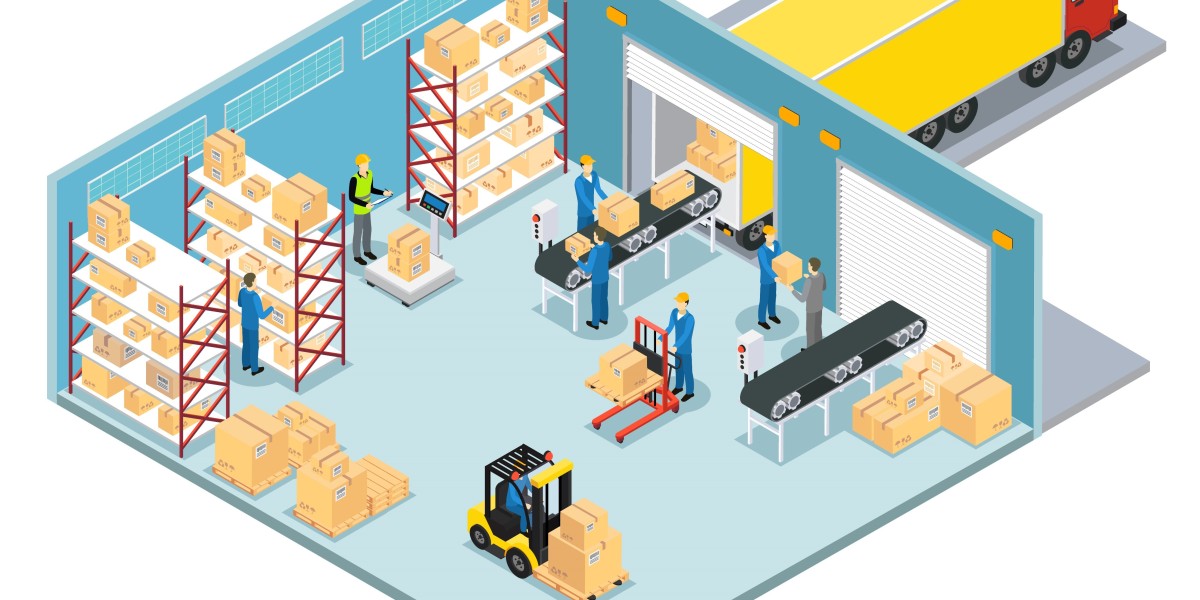In today's fast-paced business world, efficient warehouse management is crucial for maintaining a competitive edge. This is where Warehouse Management Systems (WMS) come into play. WMS is a sophisticated software solution designed to optimize and streamline various warehouse operations, making them more efficient and cost-effective.
Inventory Management: One of the primary functions of a WMS is inventory management. It helps track inventory levels in real-time, ensuring that businesses always know what they have in stock. This reduces the risk of overstocking or running out of essential items, leading to improved customer satisfaction and reduced carrying costs.
Order Processing: WMS facilitates the processing of customer orders by automating tasks like order picking, packing, and shipping. This reduces errors, speeds up order fulfillment, and enhances the accuracy of shipments. As a result, customers receive their products faster and with fewer mistakes.
Space Optimization: Efficient use of warehouse space is essential to minimize costs. WMS can help optimize storage by recommending the best locations for items based on factors like size, weight, and demand. It can also assist in reorganizing the layout of the warehouse to accommodate changing needs.
Labor Management: WMS can track the performance of warehouse staff, helping managers assign tasks more effectively. This leads to improved productivity and reduced labor costs. It can also provide insights into training needs and identify areas for improvement.
Reporting and Analytics: Warehouse managers can access detailed reports and analytics through a WMS. This data-driven approach allows them to make informed decisions, identify bottlenecks, and continuously improve operations.
Scalability: As businesses grow, their warehousing needs evolve. WMS is highly scalable, making it easy to adapt to changing requirements. Whether a company needs to expand its warehouse, add new products, or enter new markets, a WMS can accommodate these changes seamlessly.
Integration: WMS can integrate with other essential systems like Enterprise Resource Planning (ERP) and Transportation Management Systems (TMS), creating a seamless flow of information across the entire supply chain.
Talk To Analyst
In conclusion, Warehouse Management Systems are a vital tool for modern businesses seeking to enhance their warehouse operations. By optimizing inventory management, order processing, space utilization, labor management, and providing valuable insights through reporting and analytics, WMS contributes to improved efficiency, reduced costs, and greater customer satisfaction. It's a smart investment for any company looking to stay competitive in today's dynamic marketplace.








